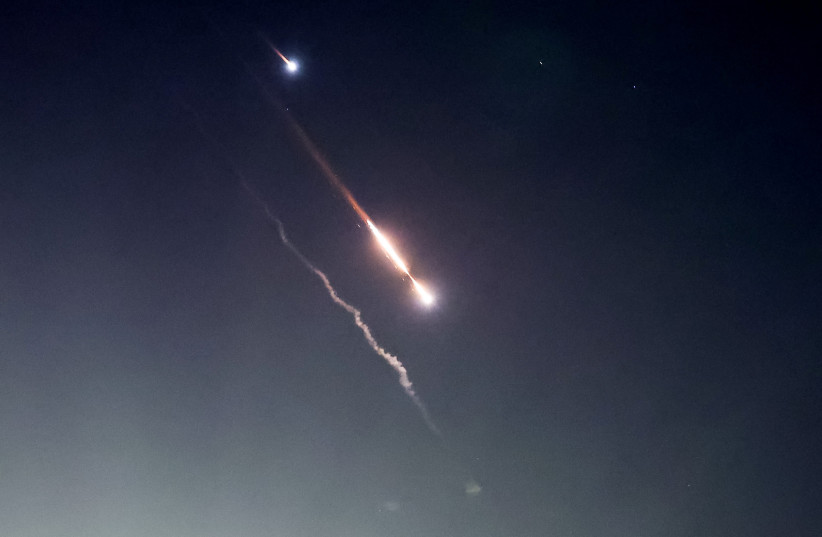Israel Air Force Maj. “A,” whose name cannot be revealed due to censorship, has been in reserves in the Southern Command’s Air Traffic Control (ATC) Division since October 7 and is married to another major in the Nahal Brigade, who has also been in reserves since October 7. The couple have three children, aged eight, six, and four.
“Grandma and Grandpa were drafted for the mission,” A. said, explaining that the kids lived at the grandparents’ house for several months.
“This is the complexity of life here in our land, our routine versus our operations, and this also characterizes the ATC,” A. said.
According to A., the ATC takes part in all different missions related to the IAF, but the most important is the defense of Israeli airspace, including building a picture of what is going on, identifying each threat, directing relevant forces, and operating firepower.
She compared the unit’s work to that of the game Rush Hour, where players need to move vehicle pieces around on a grid to free a specific red car with the minimum number of moves.

The ATC has several possibilities and moves, and they need to apply them simultaneously to many moving parts, including ground forces, aerial forces, and others, all to strike down the threat with the minimum possible moves.
On Saturday night, this was the unit that managed the war zone, and there was no airborne force that did not go through the ATC center, A. said.
Working throughout the night to tackle the historic event
“Last night was very focused,” but throughout the war, the unit has been involved in aerial attacks, intelligence collection, and evacuations, as well as coordinating training flights and civilian flights.
Dozens of dots began to appear on the units’ screens during the night, and the unit began to work based on the protocol in what became an unprecedented event, as it worked throughout the night to identify the threats and coordinate the response to each one of them.
“The feeling was one of very high tension and very high professionalism... but we finished the night with a feeling of pride but also modesty,” A. said. She explained that the unit is always in high tension, as during routine times there are still aerial threats that need to be dealt with that do not make it into Israeli press, but that Saturday night was exceptional.
“We were tired but proud,” A said. “Now we continue at full strength… this is one night among many, we are cocked and ready 24/7,” she said.
“I would like to wish a speedy recovery to all of our injured soldiers, for the speedy return of the hostages, and days of quiet. Together we will win,” A. concluded.
